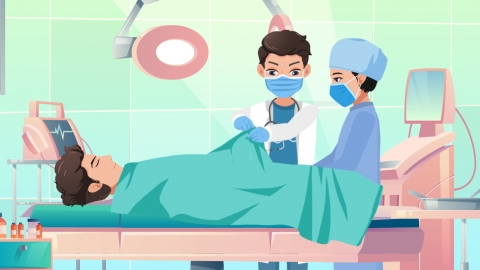Is hospitalization required for circumcision surgery?
Generally, a circumcision surgery refers to a circumcision procedure. Whether hospitalization is required depends on the patient's specific condition, surgical method, and individual health status. If discomfort or abnormal conditions occur after surgery, timely medical attention is recommended. Detailed analysis is as follows:

Patients who are older, in good health, and undergoing traditional circumcision or stapler circumcision usually undergo relatively simple procedures that take less time. After surgery, they can be observed for 1–2 hours. If there are no obvious abnormalities such as bleeding or swelling, hospitalization generally is not required, and patients can recover at home. Postoperative care for these patients is relatively straightforward, requiring only regular dressing changes at the hospital.
If patients are young, have underlying medical conditions, or undergo more complex surgical procedures, there may be risks of complications such as bleeding or infection after surgery. In such cases, hospitalization for 1–3 days is typically necessary. During hospitalization, medical staff can closely monitor the patient's vital signs and wound condition, promptly manage any complications, and ensure postoperative safety.
After surgery, it is important to keep the wound clean and dry, avoid contamination with urine, and wear loose clothing to reduce friction. If symptoms such as persistent bleeding, severe pain, redness, swelling, or fever occur, immediate medical attention should be sought. Vigorous activities and sexual intercourse should be avoided during recovery. Patients should follow medical advice for timely dressing changes and follow-up visits to promote proper wound healing.






